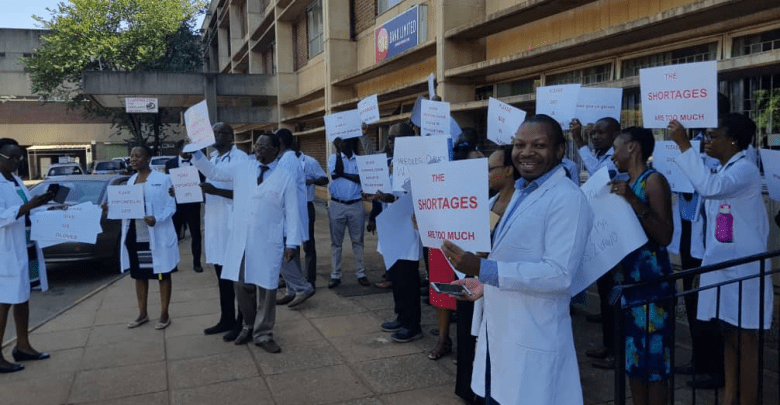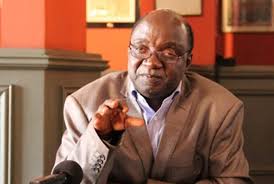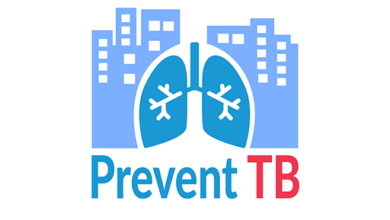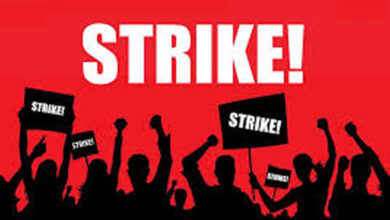Zimbabwe intent on passing draconian Health Amendment Bill

Zimbabwe’s Vice president, also Minister of Health and Child Care, Constantino Chiwenga has urged the Senate to pass the ‘controversial’ Health Amendment Bill that aims to criminalise strikes lasting longer than 72 hours and sentence those who organise such actions to prison time.
Due to poor working conditions, low pay, lack of necessary medical equipment, doctors and nurses have frequently engaged in industrial action, which has forced public hospitals to operate with a reduced staff or turn away patients.
Despite opposition from the opposition, the health bill sailed through the National Assembly and has gone through a third reading at Senate, with indications that it will sail through and wait for the presidential assent.
Read: https://cite.org.zw/withdraw-the-health-services-amendment-bill-parly-urges-govt/
Speaking before the Senate on Wednesday, Chiwenga urged members to support the legislation, arguing that its provisions were not at all oppressive as some “ill-informed” individuals had claimed.
“Senators may know that in 2004, the whole body of employees of the State employed in the provision of health service to the public was carved out of the Public Service by the Health Service Act. This was to allow them to receive special or better conditions of service than applied to them when they were members of the Public Service. Under the Health Service Act, a Board was set up to keep their conditions of service under review,” he said.
“In this task, they were assisted by separate hospital boards established for each State hospital which were given considerable autonomy to hire and fire and to enter into contracts with service and goods providers to improve and stock State hospitals.”
Chiwenga said under the Health Service Act, it is unclear whether health service providers working for the government were entitled to the same standard rights as most other employees.
“Everyone knows that such health service providers are discharging an essential function that cannot simply be withdrawn during a labour dispute without proper safeguards for public health and safety. Under the Labour Act, health service providers in the service of the State were listed as providing an essential service and therefore prohibited entirely from engaging in strike action,” he said.
The VP cited Section 65(3) of the Constitution to argue that the proposed law was required to prevent essential services from taking strike action.
“Except for members of the security services, every employee has the right to participate in collective job action, including the right to strike, sit in, and withdraw their labour and to take other similar concerted action, but a law may restrict the exercise of this right in order to maintain essential services,” Chiwenga said.
Therefore, Chiwenga argued, the Bill was not intended to forbid State-employed health service providers from participating in strikes, but rather “to restrict them in the public interest.”
“You will see how the Bill does this if you read the explanatory memorandum and I do not propose to go over it again here. The provisions are far from being oppressive as some ill-informed people have said,” he said.
“How can something be oppressive that seeks to balance fairly on the one hand, the interests of health workers to improve their conditions of service and on the other, to ensure that persons who are ill or injured are not put in danger of their health or life by uncontrolled strike action?”
The VP said another ‘major’ objective of this Bill is to transform the Health Service Board into the Health Service Commission with a more expansive mandate than before.
“The Commission, unlike the Board will no longer be a creature of the Minister but be appointed by His Excellency in recognition of the essential part that it plays in the delivery of a most important service to the people namely health,” he said.
“Moreover, the Chairperson of the Health Service Commission is no less a person than the Chairperson of the Public Service Commission himself or herself. This illustrates that the Health Service is an important organ of the Executive branch of the State and a very special one, requiring the special scrutiny of the highest echelons of the State.”
According to Chiwenga, the Hospital Management Boards’ decisions regarding the hiring and firing of staff made in the execution of their delegated mandate now require the approval of the Health Services Commission to provide consistency of conditions of service across the Public Health Sector.
“Nor is the Commission left out of the picture when the Minister appoints these hospital Management Boards, for he or she must in future consult the Commission when doing so,” said the VP.
“In conclusion, I urge you Hon. Senators to pass this law and in doing so, raise another important milestone in the development of our country into a middle-income economy by 2030.”






